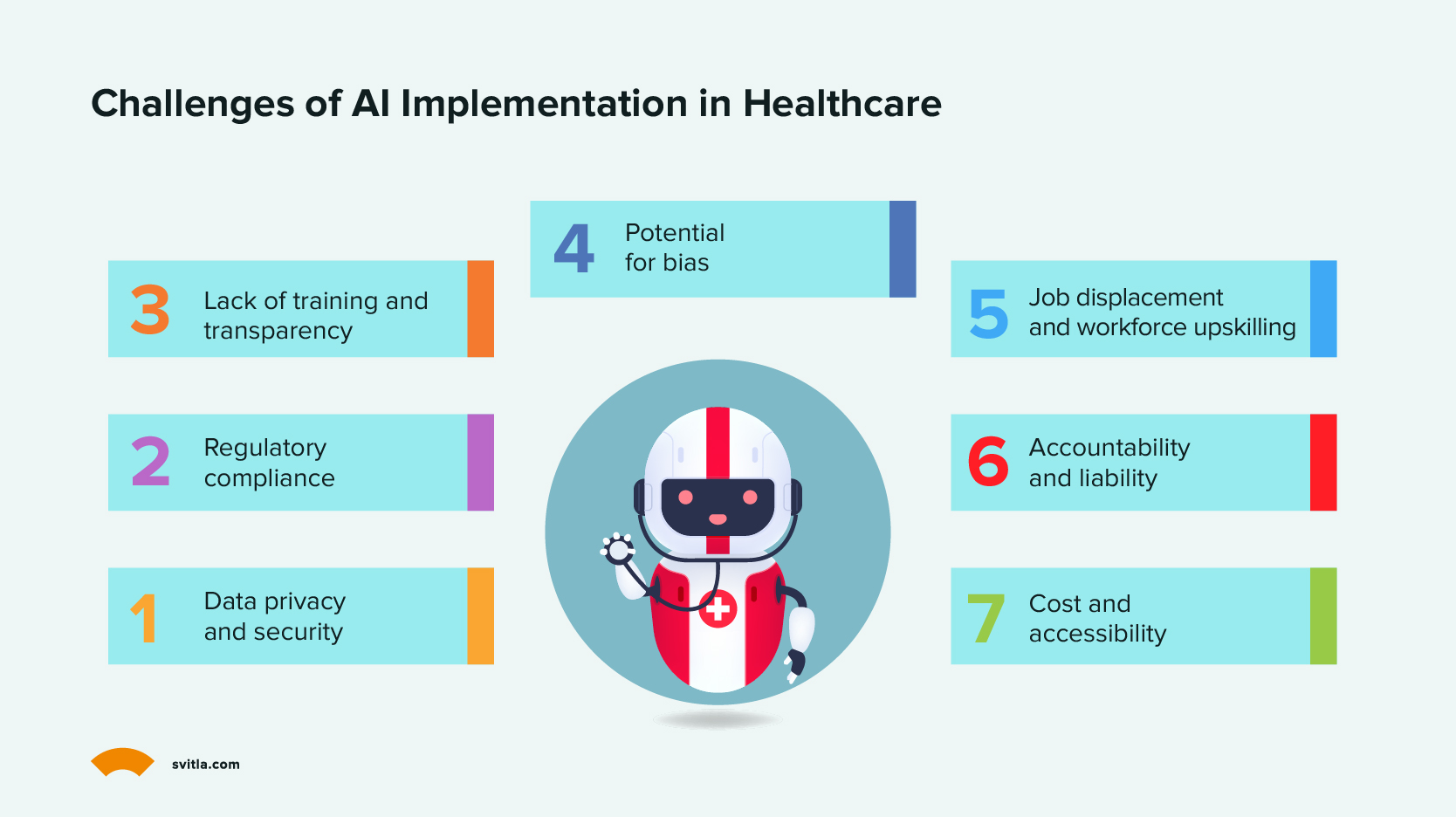AI accessibility? Blind gamer puts ChatGPT to the test | National News
Japanese eSports gamer Mashiro, who is blind, recently tested the capabilities of artificial intelligence as a tool for individuals with disabilities. Mashiro, known online as Masahiro Fujimoto, is a 26-year-old "Street Fighter" player who typically relies on a companion for navigation in Tokyo. However, he expressed his desire to use AI to enhance his independence during a Para eSports event.
During his journey to the stadium, Mashiro interacted with the latest version of the AI chatbot, ChatGPT, developed by OpenAI. This AI technology, like Google's Gemini, is designed to understand voice, text, and image commands in various languages, making it a valuable tool for accessibility.

Empowering Individuals with Disabilities
Experts believe that AI has the potential to revolutionize accessibility by catering to specific needs more effectively than traditional assistive products. Youngjun Cho, an associate professor at University College London, emphasizes the vast possibilities AI offers in terms of education, employment, and everyday services.
For individuals with disabilities, AI can provide tailored assistance such as speech-to-text transcription for the hearing impaired or resume formatting for those with learning disabilities. Additionally, apps like Seeing AI, Envision AI, and TapTapSee offer descriptions of visual content captured by phone cameras, enhancing the overall user experience.
Challenges and Opportunities
While AI presents numerous benefits, experts like Masahide Ishiki and Marc Goblot highlight the challenges that come with its implementation. Ishiki, a Japanese expert in disability and digital accessibility, points out the need to improve real-time visual recognition accuracy to match human capabilities.

Goblot, from the Tech for Disability group, raises concerns about the limited representation of diverse datasets in AI training, potentially leading to gaps in functionality for certain users. Mashiro's experience with ChatGPT revealed limitations in Japanese language recognition, underscoring the importance of continued advancements in AI technology.
Future Prospects
Despite the obstacles, Mashiro's experiment with ChatGPT was insightful and enjoyable. He envisions future travels to destinations like the Yakushima rainforest island in Japan, eager to explore the possibilities AI can offer in diverse environments.

As AI continues to evolve, individuals like Mashiro are optimistic about the potential for greater independence and accessibility in their daily lives.




















